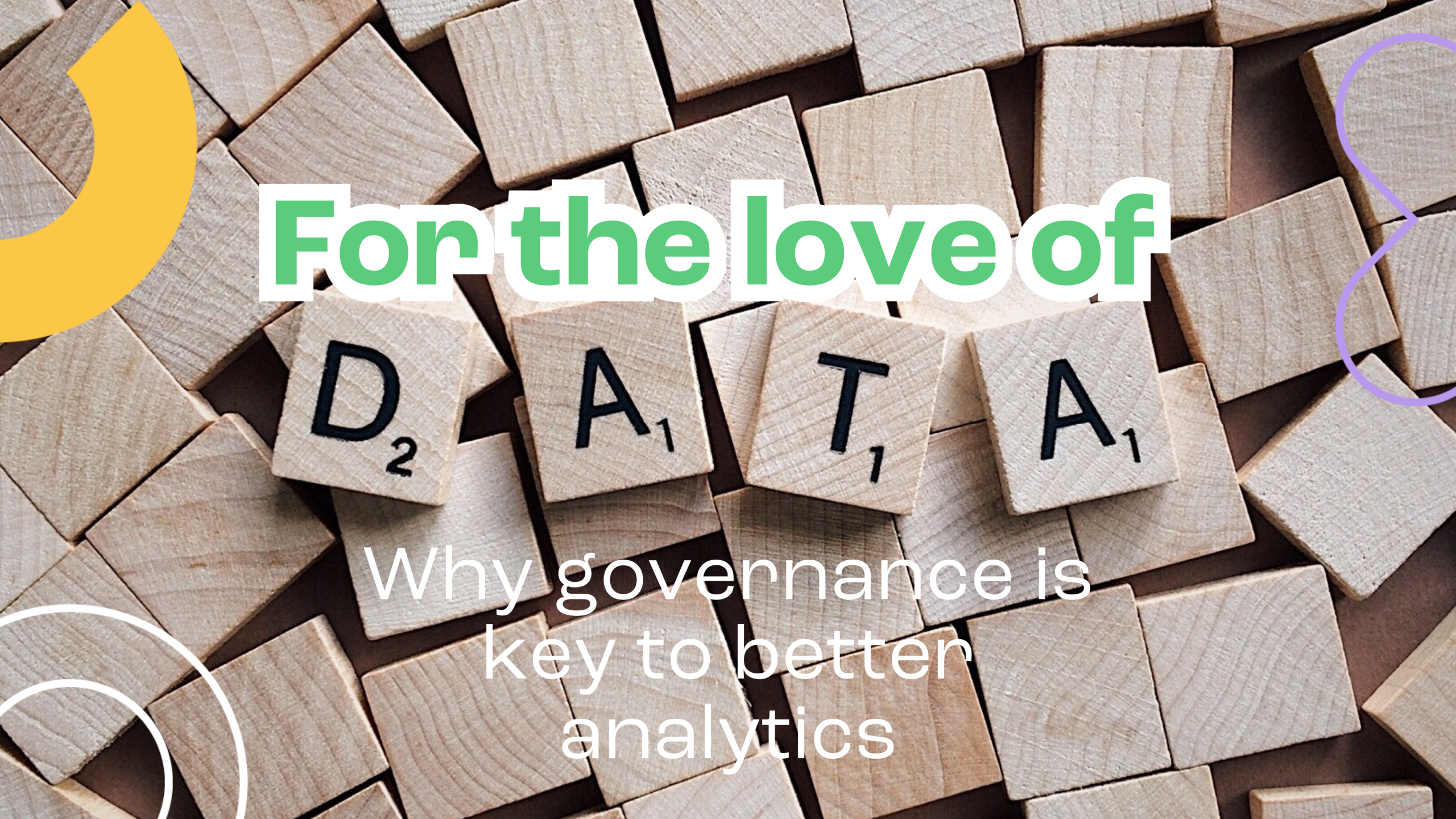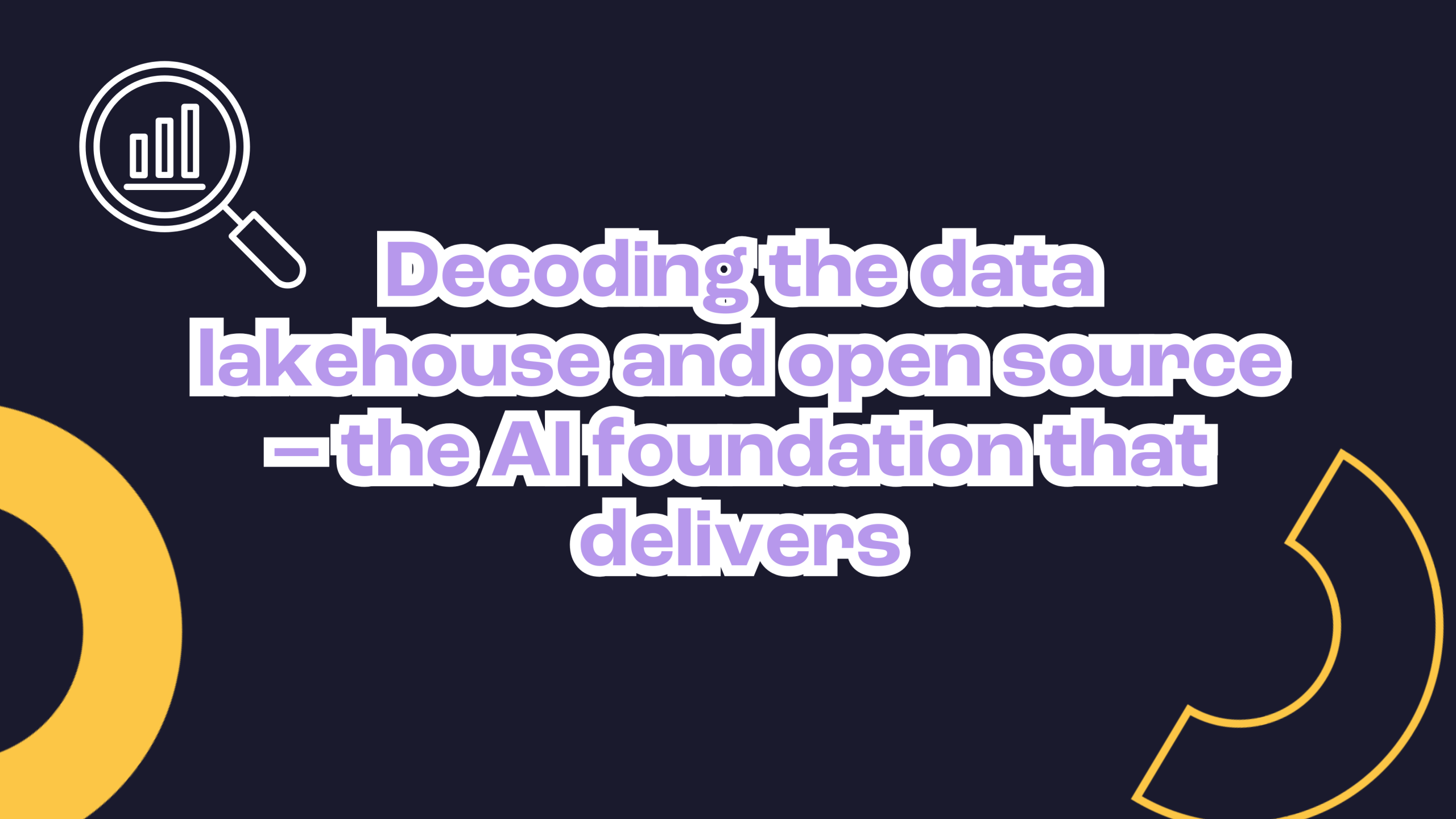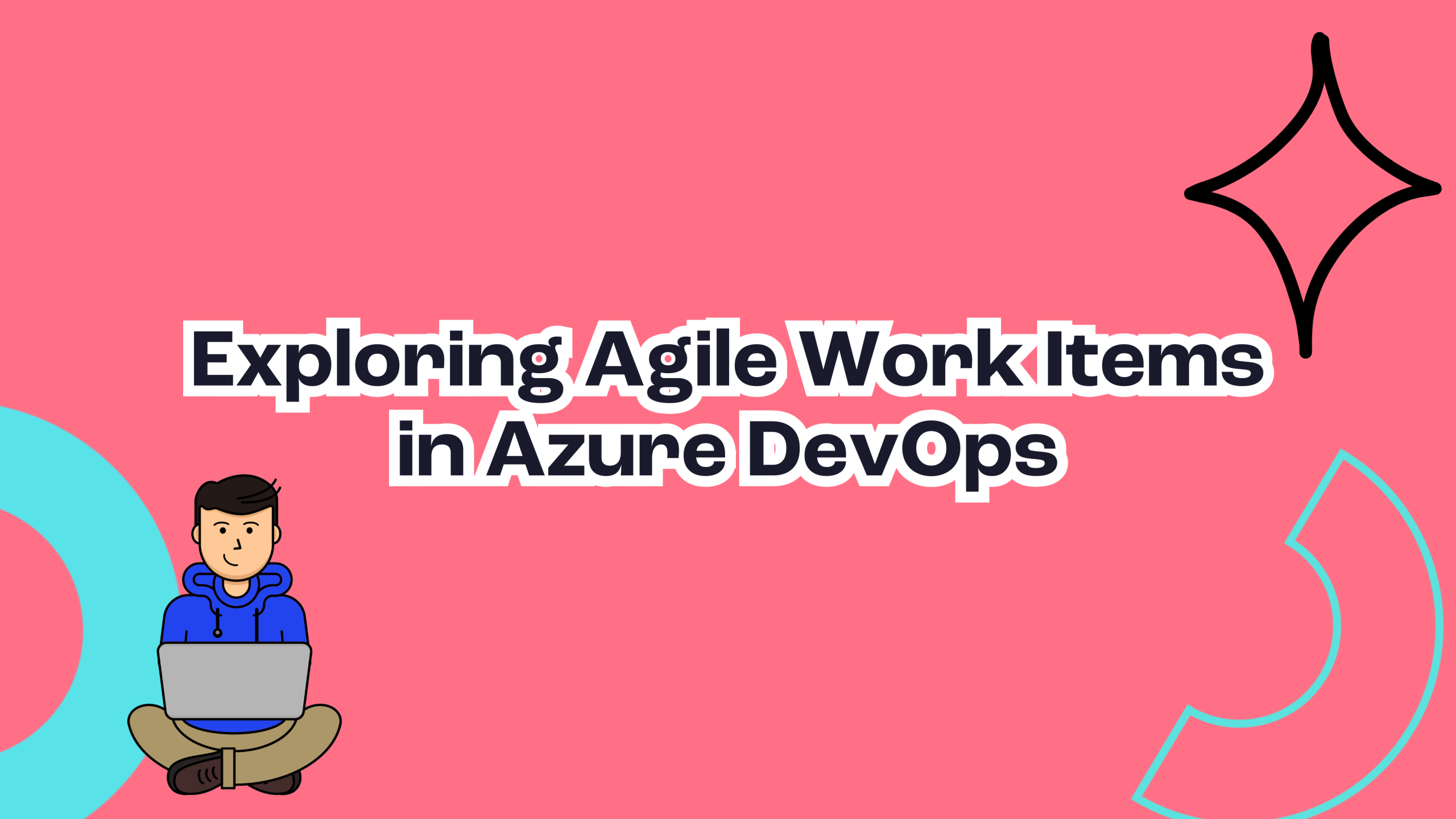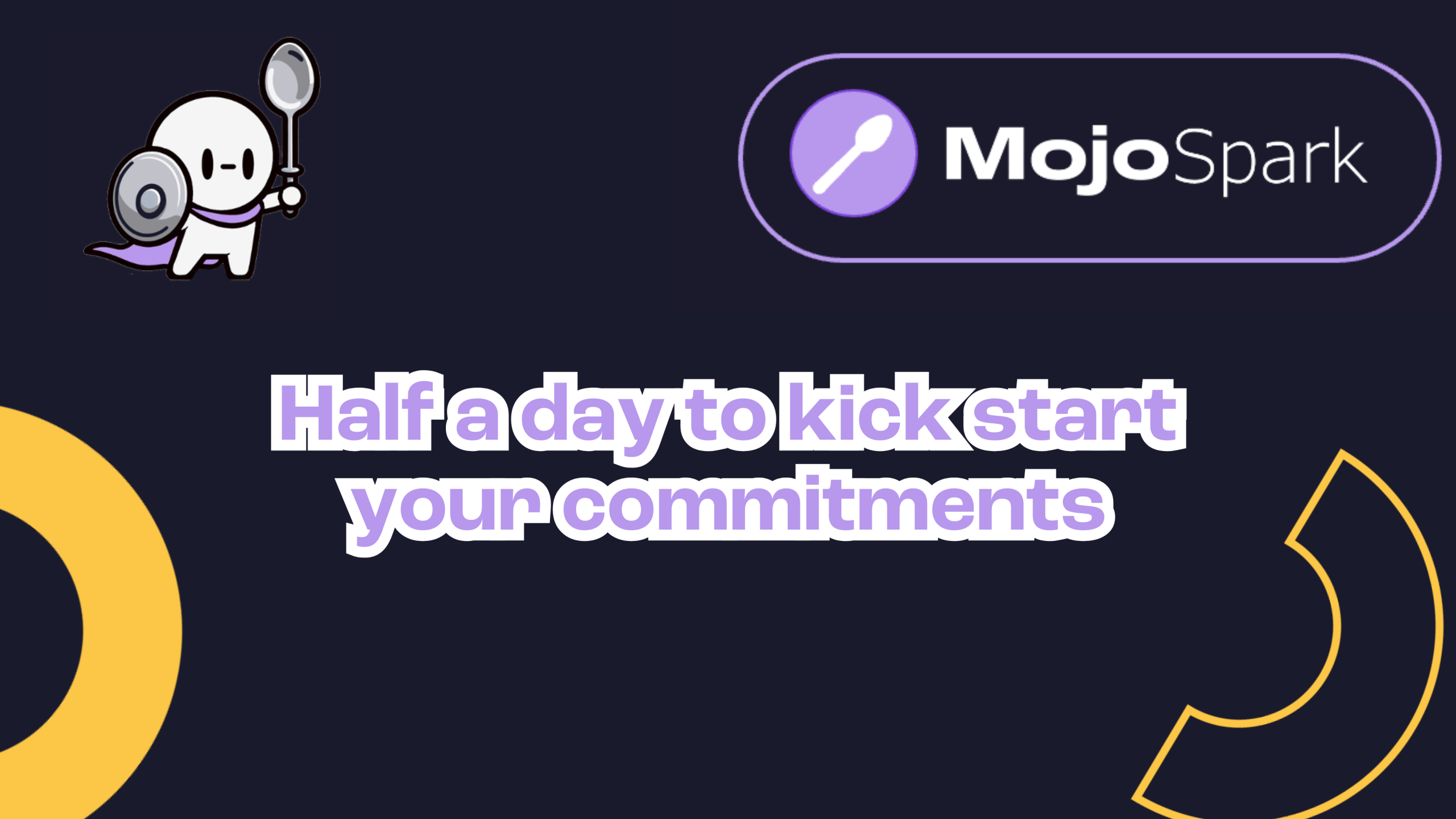It’s Monday morning and you’re presenting a report to the team. The numbers look… off. Someone in finance used a different data source. The sales team applied their own rules. The team who developed the report say the data is “accurate,” but you know it’s not right. Sound familiar?
Many businesses face this daily. Despite having powerful analytics tools, they struggle to trust their own data. Decision-making slows down, confidence in reporting disappears, and teams start relying on gut feelings instead – hindering the development of a strong data culture for your organisation. You likely would have heard someone say “garbage in, garbage out” at least once in your career and it holds true here. Without good data governance, even the best analytics tools will produce unreliable results.
The missing piece isn’t better tools – it’s governance
A data strategy is only as strong as the foundation it’s built on. Without proper governance, even the best dashboards and reports will produce misleading insights. That’s why organisations that prioritise data governance see better results in their analytics, reporting, and decision-making.
Data governance ensures that data is accurate, consistent, and accessible, so that teams can rely on it without second-guessing.
So what is data governance?
At its core, governance is about creating the structures, policies, and responsibilities that ensure data is managed properly across the organisation. This includes:
- Establishing clear data governance roles (such as responsible officers or governance groups);
- Developing and enforcing data policies and procedures (such as storage and retention standards);
- Implementing or building technology and process solutions to enhance data quality and other data management capabilities; and
- Ensuring compliance with legal and regulatory obligations.
By putting these foundations in place, organisations set the stage for all other improvements – from data quality to accessibility and trust.
How governance transforms data from a burden to an asset
Trust in data starts with consistency and reliability. Strong data governance creates the foundation for confident decision-making by:
- Ensuring data quality: Reliable insights start with high-quality data. Governance helps eliminate errors, prevent duplicate records, and ensure every report reflects accurate, up-to-date information you can trust.
- Establishing data consistency: When everyone works with the same data definitions and formats, there’s no second-guessing reports or conflicting numbers. Teams can focus on making decisions, not debating whose spreadsheet is right.
- Building trust in data: No more hesitation over whether reports are accurate. With proper governance, teams confidently use data to back up decisions, leading to faster approvals, smarter strategies, and stronger business outcomes.
- Improving data accessibility: Time wasted searching for the right data is time lost. A structured approach to governance ensures authorised users quickly find what they need, keeping projects moving and decisions on track.
- Enhancing data security: Sensitive information stays protected while ensuring the right people have access. Strong governance reduces risk, prevents costly data breaches, and keeps your organisation compliant and secure.
- Enforcing compliance: Meeting regulatory requirements doesn’t have to be a headache. With clear governance processes, audits become seamless, risks are reduced, and your organisation stays ahead of legal obligations with confidence.
The first step toward better data and better decisions
Think back to that meeting we described earlier (the one we’ve all seen!) where the numbers didn’t add up. The dodgy numbers, the uncertainty, and the frustration of making decisions without a clear picture. Without governance, data remains a constant struggle – difficult to trust, hard to align, and a barrier instead of a tool.
Now, imagine walking into that same meeting knowing the numbers actually make sense. Every team is working from the same data, and reports tell a consistent, accurate story. Instead of debating the numbers, the meeting focus shifts to action and strategy. A well-governed data strategy makes this possible, and getting started is simpler than you might think.
If data inconsistencies are slowing your business down, a quick data quality audit can help identify immediate improvements. If that’s something your team needs, get in touch and we can help you find simple, high-impact changes that make a real difference, fast.
Simple suggestions to help your journey
- Start small with quick wins: Don’t try to implement everything at once. Focus on a few key areas and expand gradually. Identify projects that can deliver quick wins to demonstrate the value of data governance and management.
- Don’t reinvent the wheel: Learn from others who have embarked on previous journeys or through well tested frameworks and solutions that have provided increased value from their data to other organisations.
- Make it fun: Find ways to recognise and reward people that help push this forward for your organisation and celebrate milestones across the organisation to showcase the achievements that have been reached.
- Iterate and improve: Data governance and management is an ongoing process. Continuously evaluate your framework and adjust as needed.
- Embrace automation and AI: Leverage automation and AI tools to streamline data governance processes and improve efficiency.
Where could Mojo Soup’s Data and AI team assist?
At Mojo Soup we love data and continuously challenge ourselves to find better ways to deliver value to our clients through their data. Our services that can help with building an improved data culture, developing modern and scalable platforms and data solutions and data governance capabilities that are simple to set up and utilise. This could include:
- Data Governance Strategy: This includes establishing and implementing best practices for data management, ensuring data quality, and maintaining compliance with data regulations. Mojo Soup’s approach involves co-designing and developing a flexible yet robust governance framework and functions, setting up Data Governance boards or advisory groups, and providing strategic advice to ensure oversight and accountability.
- Data and AI Strategy: We work with you to articulate a Data and AI strategy that provides a clear understanding of your organisation’s maturity and aspirations across six pillars and 30 underlying building blocks and co-design an achievable uplift roadmap bespoke to your organisation.
- Data Culture: We help you cultivate a data-driven culture. We can help with data culture assessments, strategy and roadmap, data fluency and skills development, data democratisation, data governance and ethics, and change management and communication.
- Mojo Intelligence Platform: An accelerator for delivering a modern data and AI platform utilising Databricks. This platform is designed to streamline and enhance the implementation of data and AI solutions, ensuring that organisations can leverage advanced analytics and machine learning capabilities efficiently. It supports robust data governance, seamless data integration, and scalable AI development, enabling businesses to transform their data into actionable insights and drive innovation.
Not sure where to start? That’s exactly what our 30-minute Data Discovery Call is for. Our experts are happy to meet you wherever you are – whether you have a specific challenge in mind or just know that something needs to change. By the end of the call, you’ll already be a step ahead, with a clearer sense of what’s possible for your team and what your next move could be.




